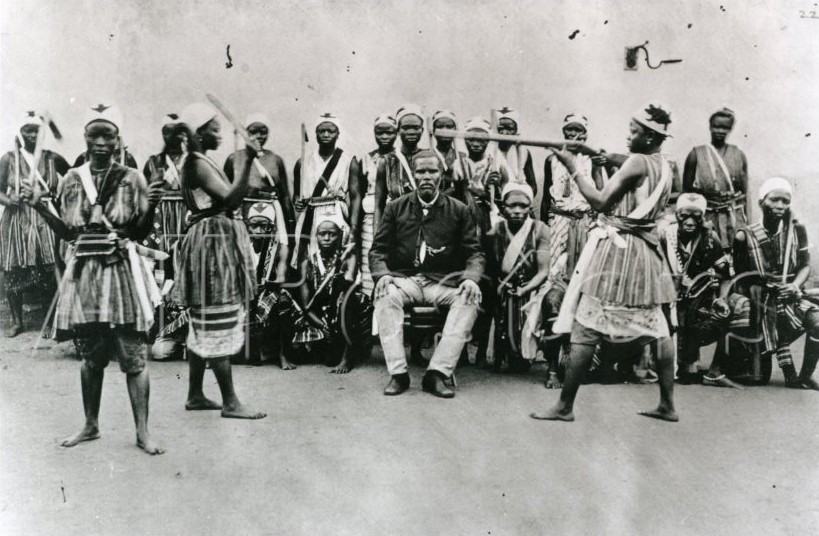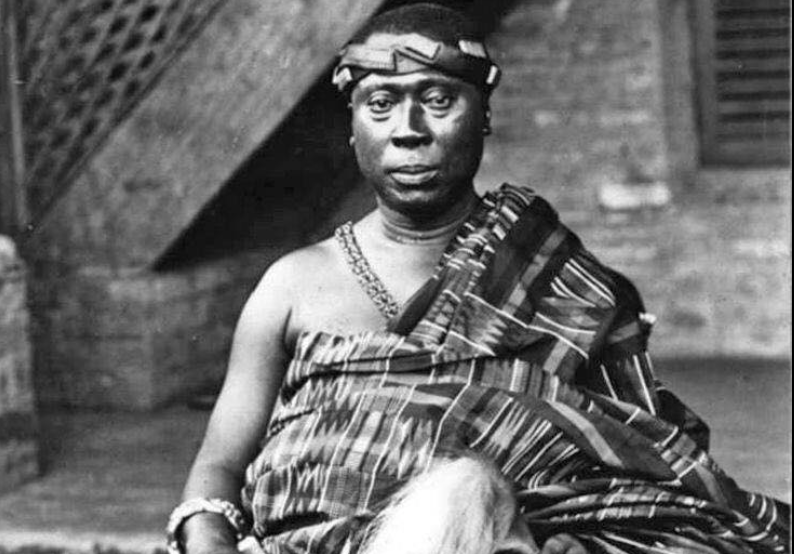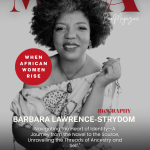Now Reading: 17th Century, Dahomey Amazons (now Benini) – Inspired the movie “Woman King”
-
01
17th Century, Dahomey Amazons (now Benini) – Inspired the movie “Woman King”
17th Century, Dahomey Amazons (now Benini) – Inspired the movie “Woman King”

The Dahomey Amazons, also known as the Mino or N’Nonmiton, were a renowned all-female military regiment in the Kingdom of Dahomey, which existed in the present-day Republic of Benin. While there isn’t a specific full biography for individual members of the Dahomey Amazons due to limited historical records, we can explore the context and collective history of this remarkable group of women.
Picture source: By Tropenmuseum, part of the National Museum of World Cultures
Formation and Role
The Dahomey Amazons were established in the 17th century under King Houegbadja’s reign and continued to serve subsequent kings, including King Ghezo and King Glele. The Mino were chosen from the Fon people, the major ethnic group in Dahomey, and underwent rigorous training to become skilled warriors.
These female warriors were primarily tasked with defending the Dahomey Kingdom, as well as participating in offensive military campaigns. They were known for their discipline, bravery, and fierce loyalty to the king. The Dahomey Amazons played a crucial role in Dahomey’s military successes and expansion.
Military Achievements
The Dahomey Amazons participated in various conflicts, including regional wars and the Atlantic slave trade. They fought against neighbouring tribes and European colonial forces, displaying strategic prowess and battlefield skills. The Mino were especially renowned for their use of muskets and other weaponry, adapting to modern military technology.
Social Structure and Influence
Within Dahomey society, the Dahomey Amazons held a unique and respected position. While they were primarily a military force, some women rose to high-ranking positions within the kingdom. The Mino also played a role in ceremonies, acting as a visible symbol of the king’s power. Dahomey was one of several African societies that participated in the slave trade, which was driven by various factors, including economic, social, and political considerations. The kingdom’s involvement in the slave trade has been documented by historical accounts, and it’s important to acknowledge the complex and varied roles that different African societies played during this dark period in history.
Decline
As the 19th century progressed, Dahomey faced increasing pressure from European colonial powers, particularly France. The Dahomey Amazons participated in several conflicts against the French, but by the late 19th century, Dahomey fell under French colonial rule. With the establishment of colonial authority, the Dahomey Amazons were disbanded. The French dismantled the military and cultural institutions of Dahomey, marking the end of the regiment’s existence.
Legacy
The legacy of the Dahomey Amazons endures as a testament to the strength and courage of women in a historical context where their roles were often underestimated. While the regiment no longer exists, their story continues to be a source of pride and inspiration in Benin and beyond, highlighting the significant contributions of women in African military history.


































